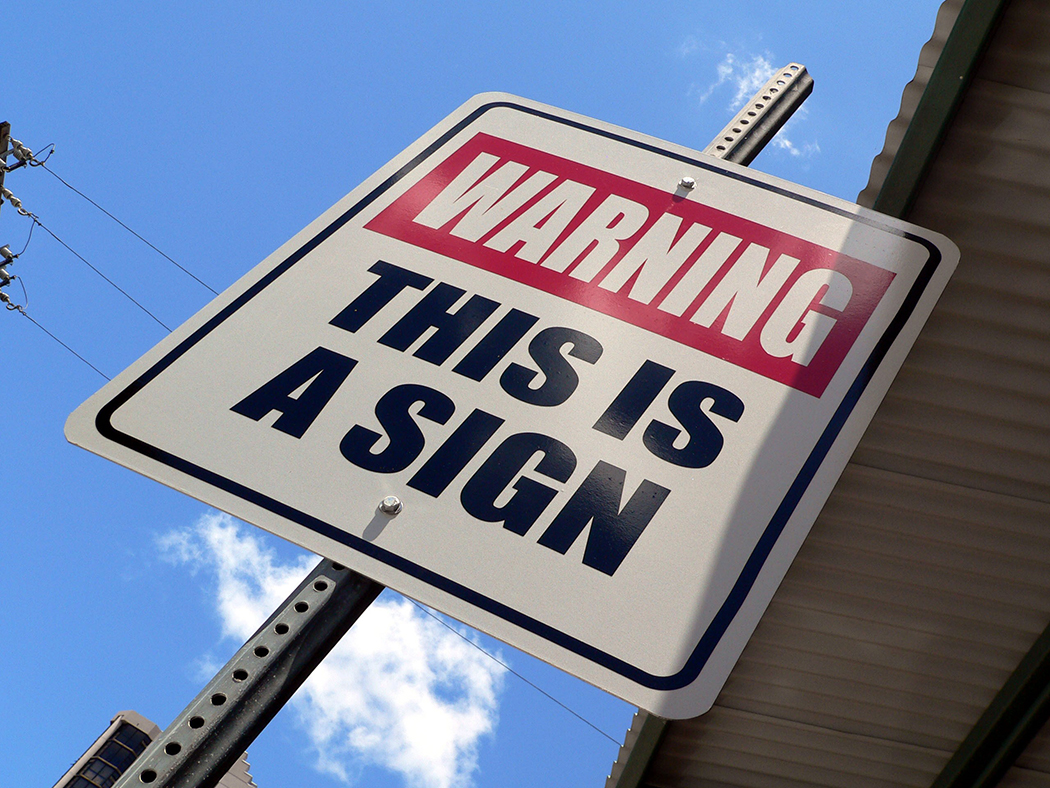Martin Young delves into what the kingdom of heaven might look like here on earth
This article was published in the May to August 2024 edition of Rapport magazine.

Jesus quoted some verses from the Old Testament, and you might be intrigued about that. If more than one gospel writer has picked up on it then it’s probably quite important! But when all four gospel writers (even John, who tends to have his own agenda) include the same passage, then we must get serious with our Bibles. Then, to top it all, what if the apostle Paul also uses it (the last quote Luke records in Acts)?!
So, what are these verses, why did Jesus and Paul anchor their ministry to them and what might they mean for us today? They are verses from Isaiah about the nature and importance of parables and signs of the kingdom of God. The prophet has had an eye-opening, life-changing encounter with the presence of God in the temple. He was commissioned – not just to continue as a good prophet – but to become a great prophet whose life and words would impact the history of the world.
Jesus’s message of the kingdom of heaven was his manifesto for all humanity. The writer Gerard Kelly called it his ‘humanifesto’. Jesus’s words, works and wonders all pointed to this new kingdom that he was ushering in, a reign summed up by Paul as justice, peace and joy in the Holy Spirit. This new kingdom is very different from our idea of a reasonably good government, vastly different from the kind of ruling that we all do at home, in the office, the town hall and government buildings round the world.
We can only see this new kingdom, get an understanding or a feel for it, or even practise it, if we are prepared for a brand-new perspective and a mindset change from an encounter such as Isaiah had, and a new birth like the one Nicodemus was offered by Jesus (John chapter 3). Having said that, the kingdom is pretty obvious to children, to the poor in spirit, to the broken-hearted, the broken-bodied and the broken-down.

Upside-down kingdom
Jesus said it was close enough to touch and yet really hard to enter. This is head-scratching stuff: something that is small and narrow, yet easy and light; a way of life that is upside down, where the last are first and the least are the greatest; a life of shalom and healing for the sick and bereaved, but also one that comes with suffering and opposition in this world. It is new-found joy in the little things of life: the actions, enjoyments and thrills that come with using our skills and pursuing our interests; a sanctification of everything so that the whole earth is redeemed; and a sacrifice – of not just what holds us back but also of what we think is good – for what is physically, emotionally, socially and spiritually the absolute best!
What Isaiah found, and Jesus, then Paul, was that those around them might sometimes glimpse the beauty of all this but generally eyes were blinkered and ears were covered. Their audiences couldn’t get it – they were too immersed in a more established culture of ‘me first, protect yourself, avoid pain, hold on to power and only give something away if you can afford to (and hope it trickles down to someone worthy)’.
So, with all that in mind, this is how God spoke to Isaiah to help him perceive and then communicate the good news of God.
Then I heard the voice of the Lord saying,
‘Whom shall I send? And who will go for us?’
And I said, ‘Here am I. Send me!’He said, ‘Go and tell this people:
“Be ever hearing, but never understanding;
be ever seeing, but never perceiving.”
Make the heart of this people calloused;
make their ears dull
and close their eyes.
Otherwise they might see with their eyes,
hear with their ears,
understand with their hearts,
and turn and be healed.’
Isaiah 6:8–10
It is these verses that Matthew (13:10–16), Mark (4:10–13), Luke (8:9–10) and John (12:37–43) describe Jesus quoting or fulfilling when he talked about the kind of prophetic ministry he needed to pursue. It is how Paul defined his preaching of the kingdom of God (Acts 28:23–31). Jesus was explaining why he spoke in parables or used signs. These were the only ways of getting past people’s hardened hearts, and graciously giving them the benefit of the doubt if they still couldn’t make the connections.
Signs that touch the heart
Parables and signs are given to intrigue, shock, challenge, tease, delight, wonder and perplex, and get to the thinking that happens in the heart, not just the head. This is the nature of creative communication: music, art, theatre, story, film – the performing and visual arts, the art of God in creation – all get under our skin and can lead to laughter and tears, profound consideration, and the start of a new way of thinking.
Isaiah had a theatrically mesmerising experience, a kind of 3D-IMAX event that was so immersive he even felt it physically on his lips. This caused a deep confession of sin and repentance that utterly transformed him.

Signs that challenge
John’s gospel tells us Jesus’s signs disrupted everything. Those around did not walk away indifferent to him and his message. They got angry, resistant and resentful, or they began to wonder anew and started to change. Jesus showed the reign of God in miracles, wonders and healings. His kingdom was not worldly – not another new philosophy that might change the current scene but would decline and corrupt like all before it. It was from heaven and could undermine the usual laws of the land and culture, even the laws of physics, biology and chemistry.
Jesus’s parables in Matthew, Mark and Luke are maddening, funny and offensive. They have a comedic quality that lays bare selfishness and pride and offers a new way of living that is mesmerising and what we all want, deep down in our hearts.
Good news
And this is not for the chosen few. It is good news for every human being, taking us back to the holiness and hope of the garden of Eden, and forward to entering as legitimate citizens in the new city of Jerusalem coming down out of heaven. Nor is this a solely religious path that confines us to church and takes us out of the world. The way of the kingdom of heaven is a path that celebrates what it is to be human, here and now, and opens up a lifestyle that embraces heaven and prepares the earth to fulfil its original calling to celebrate, welcome and host the presence of its creator God.
When we examine the parables and signs and let them shape our thinking and actions, we then begin a new culture here on earth.
Kingdom potential of the ordinary
This kingdom usually starts small and insignificant – like a single seed in the ground. It is often vulnerable to doubt, erosion and attack. But when it finds good soil, it will always produce a harvest of justice, peace and joy.
It is a kingdom that usually begins at home, in what we are already doing: our work, our creativity, our eating, our leisure, our researching, our organising and our inquiring.
It is a kingdom that always provokes opposition – from our own hearts, from people around us and certainly from the enemy of God, whose accusations cause us to doubt its reality.
It is a kingdom that produces shalom – things fitting together properly – whether that is bodies, minds, relationships, communities, or earth and its environment. This is not a shalom of conformity or communism, and neither is it a shalom of ‘live and let live’ liberality. It is a shalom of kingdom living that celebrates diversity but holds all things together though humility, servanthood and sacrificial giving.
And finally, this kingdom is one that is formed upon relationships, not structures or philosophies. Love is its power rather than force. It is all about family and friendship, sorority and fraternity, the old and young. The prophetic view of this kingdom is that all the wealth of all the nations will be brought into the heavenly city of Jerusalem; the dividing wall of hostility is broken down. The lion will lie down with the lamb. They will be my people and I will be their God.
It sounds like a great kingdom to be part of, but we need those parables and signs to open our eyes and show us the way!
Martin Young

Martin Young is based in the UK and has been leading and planting churches for over 25 years, with ministry emphases on community engagement, global mission, leadership development and the arts. He is now working with churches and leaders, pursuing evangelism, and running projects that engage people with the creativity of the kingdom of heaven. Martin is chair of the charity board that oversees Spring Harvest and also chair of the missions and church planting organisation, Bless, in France.
Explore further with Martin at Lee Abbey Devon
Parables and Signs of the Kingdom
with Martin Young
1–5 July 2024 (Mon–Fri)
Jesus used parables and signs to express the good news of the kingdom of heaven. We want to spot them, understand them, experience them and even create them in our everyday lives. So, this week we’ll be looking at the what, why and how of this creativity. Then we will explore how our imitation of Jesus can mean that our own lives of work, relationships and everyday being can also be kingdom oriented, and become unique and beautiful signs for others and our world.
